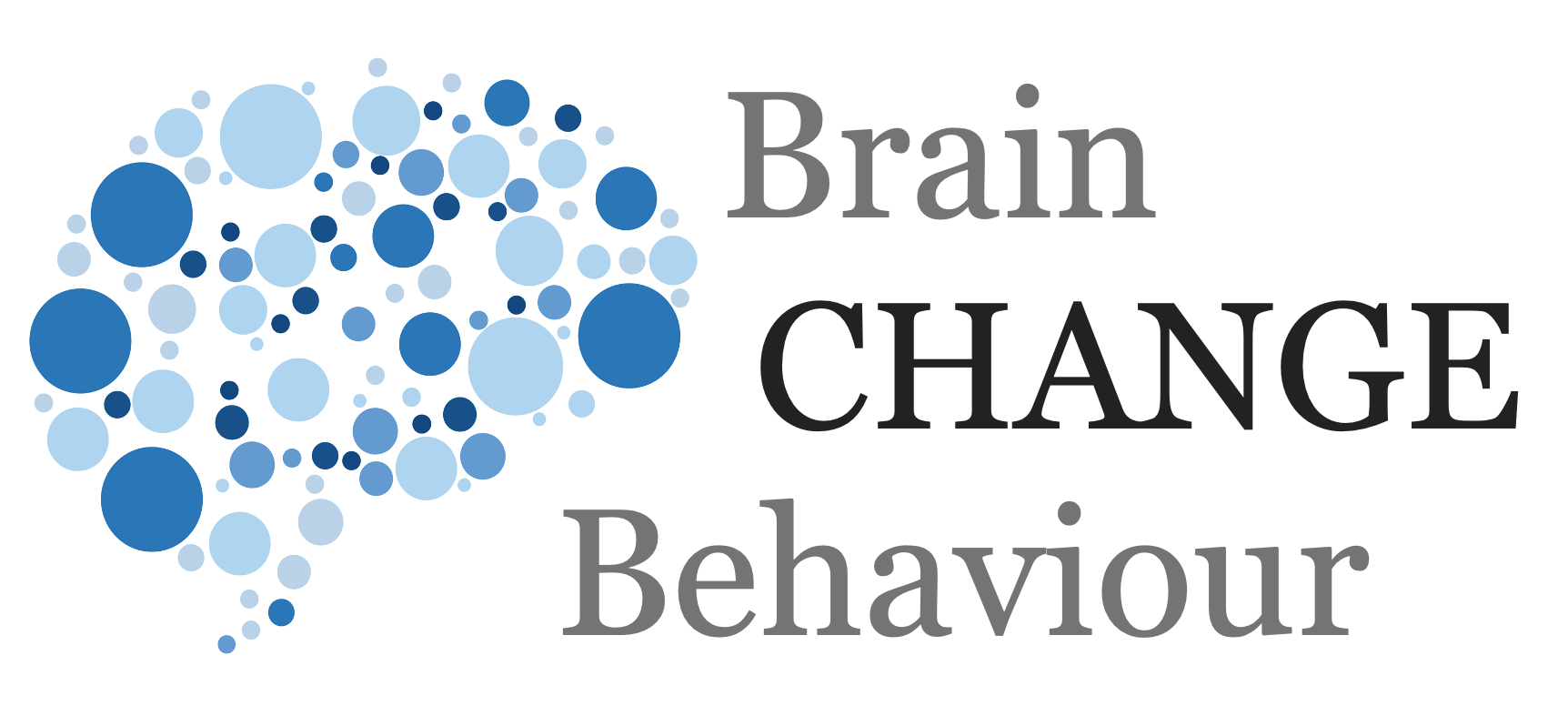Quick Hits
Brief research updates from the cognitive sciences

First off, why is group decision-making important?
Well, a lot (just about all, if you think about it) of the biggest decisions in society and in business are made by groups: executive committees, governments, even the population in referendums.
What do you mean by followers in this context?
Well, when faced with a decision or a problem to solve, we can dig into the information ourselves, do background research, and come up with an independent decision. On the other hand I can follow the lead of others.
Is this particularly common?
Think of a general election. How many people really analyse government policy and strategy and come up with a personal critical analysis of this? Most people simply follow party lines or people they trust and believe — they are therefore followers.
But surely executive committees in business are better informed?
You have got to be kidding… apologies, sorry, I shouldn’t be so sceptical. Yes in general they are well informed and more critical and thoughtful but they also have their own areas of expertise and lack this in other areas so they need to rely on others’ lead in many situations.
And what did these researchers notice with followers?
Well, first off, they noticed that groups of independent decision-makers chose high quality outcomes. This was, by the way, conducted by a group of researchers around Vicky Yang of the Santa Fe Institute (see reference at bottom).
Ok, so groups of independent decision makers is good, but what about followers?
Well, the really interesting thing is that above a critical threshold of followers (about 60%) then decisions vary in one of two directions with little middle ground. So, if there are a lot of followers following the cues of others, then they tend to make very good decisions, or very bad decisions!
Why’s that?
Anybody’s guess. But likely to do with who you follow. You may be following a confident imbecile or a confident genius.
Ok, got it, speaking of imbeciles…
Yes, they also looked into that but called them committed minorities. A much nicer description, no? To be fair committed minorities are those who refuse to be swayed or change their minds in light of new, or any, information, not necessarily imbeciles. They increase the intensity of the effect — they magnify it, either way.
So what’s the point?
The researchers were trying to build better decision-making models and this model is relatively simple but more accurate. The key take away for us is that independent thinking is important and having the right decision (expert) leaders is also critical.
That would mean before critical decisions independent thought and analysis must first be taken.
How would I do that?
Do you not want to think that through independently first?
© leading brains 2022
Reference
Vicky Chuqiao Yang, Mirta Galesic, Harvey McGuinness, Ani Harutyunyan
Dynamical system model predicts when social learners impair collective performance
Proceedings of the National Academy of Sciences, 2021; 118 (35): e2106292118
DOI: 10.1073/pnas.2106292118
More Quick Hits
Exercise is Infectious
This is an older study (2017) I came across and found fascinating. As many of you regular readers will know I have reported many times on the benefits of exercise.
Why our Brains Miss Opportunities for Innovation
When we think of innovation we think of creating something new. A new study shows that, however, we, by default, try to add something whereby subtracting something could make something better.
Brain Region for Changing Behaviour Identified
The saying goes “Insanity is doing the same thing over and over again and expecting different results.” This obviously refers to doing the same thing over and over and continually getting a bad result
From Couch to Ultra Marathon with Mental Imagery
On first glance I thought the above headline was fascinating. I am a sports person, look into the neuroscience of motivation, and have been in the “motivational” space for nigh on two decades.




